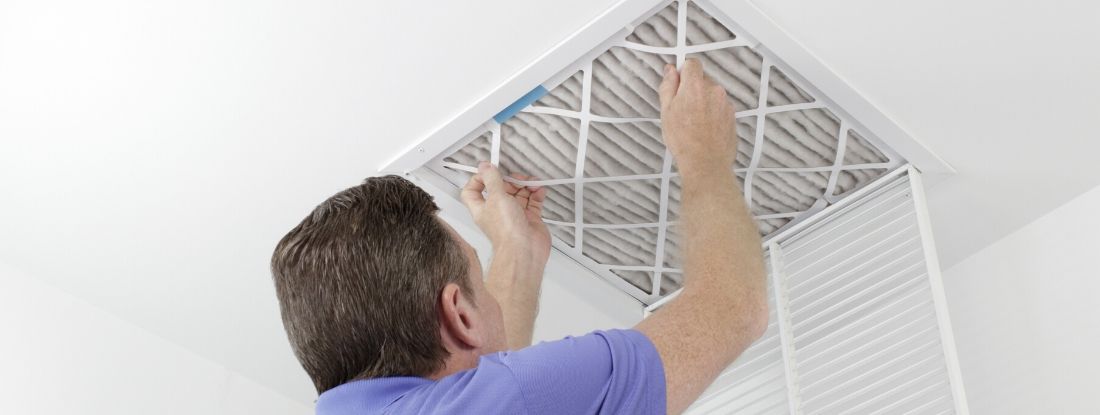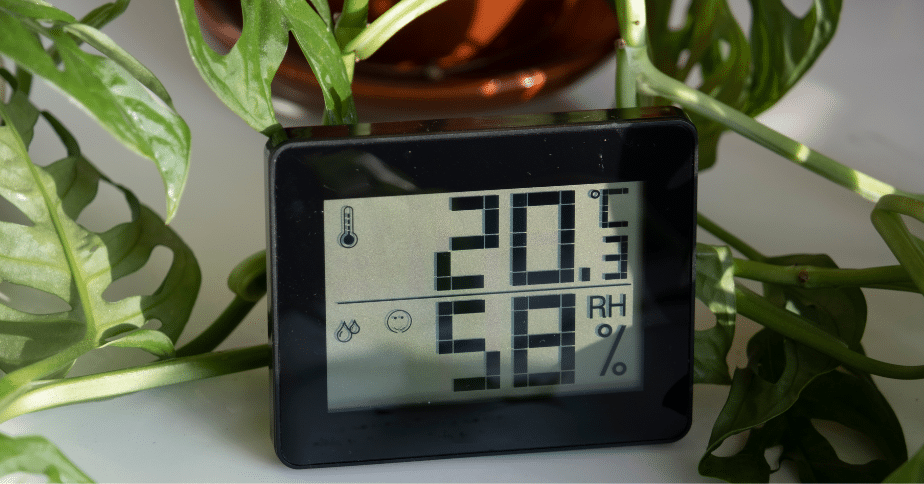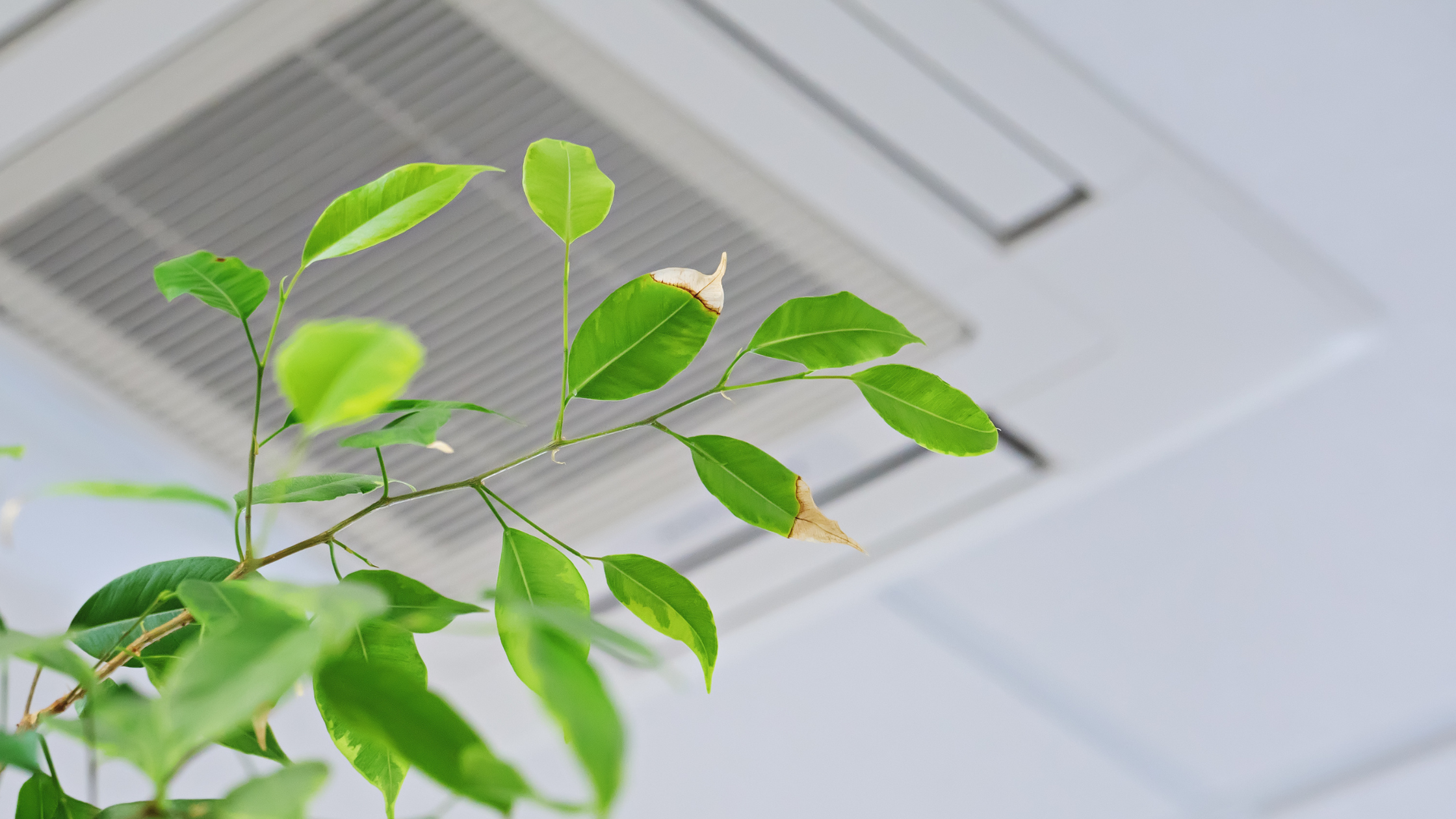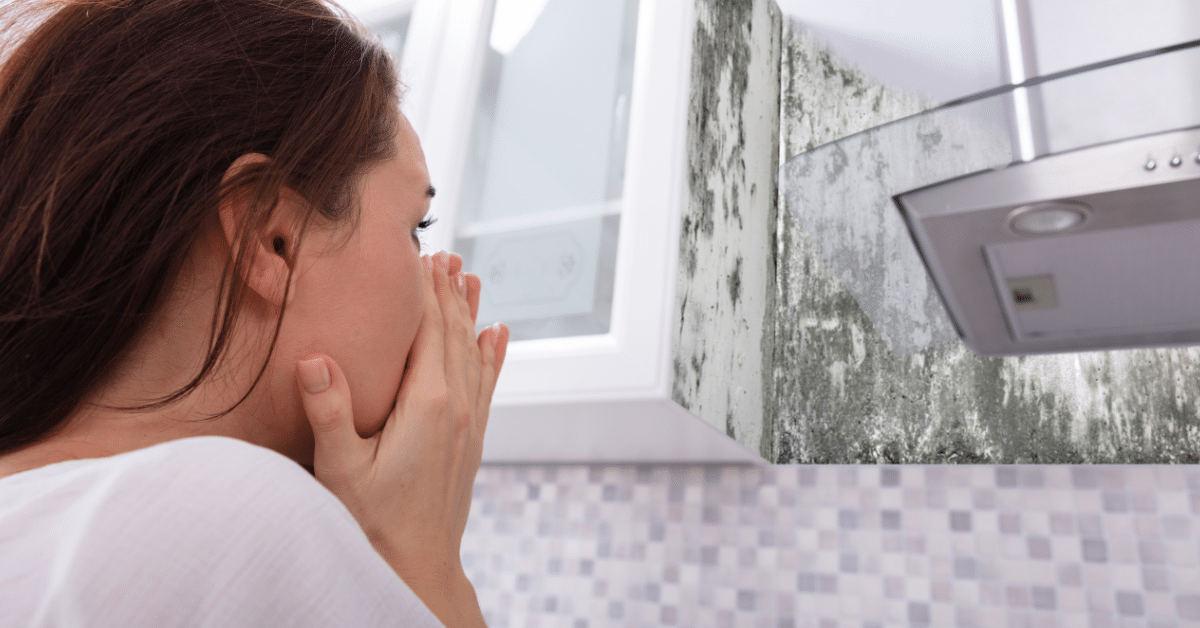Is Your HVAC System Causing Poor Indoor Air Quality?

Did you know that one of the primary sources of poor indoor air quality is a faulty HVAC system? While air quality is determined by many factors, including flooring, home occupants, climate, cleanliness, and more, your HVAC system plays a vital role in circulating clean air through your home.
If not maintained, dust, dirt, small animal droppings, and other pollutants can easily get trapped inside your ductwork. This results in poor indoor air quality and increases your health risks.
HVAC System Maintenance And Inspection Tips
If anyone in your family suffers from allergies, asthma, or other respiratory issues, have your home tested for mold. Mold can grow in the ducts of your HVAC system. The air moving through the ductwork will then push the spores into the rooms of your home. Have your furnace inspected yearly and consider sealing your ductwork if you suspect mold issues.
You should also monitor for carbon monoxide. Faulty furnaces can leak this odorless gas into your home. Carbon monoxide detectors are available at your local hardware store.
1. Change Your Air Filters Regularly
You can help keep your ducts clean by changing your furnace filter often. The filter package should state how long the filter will last, but it’s often dependent on factors such as pets, children, and more. Check your filter, change it, and invest in a quality brand.
2. Keep your eyes, ears, and nose open
We have our senses for a reason. If you see, smell, or hear anything out of the ordinary, don’t shrug it off. Instead, look around for potential problems that could be lowering indoor air quality and posing a health risk to your family.
3. Perform at-home inspections
Every month or two, you should perform routine inspections by examining your ducts, furnace, A/C unit, etc. This helps you avoid the assumption that everything is operating smoothly and allows you to catch obvious problems. Run through a checklist to make sure everything is working properly for your own peace of mind so there are no surprises.
4. Schedule routine professional maintenance
It’s important that you have a professional thoroughly examine your system every year or two. This can help ensure that there are fewer repairs, a lower chance that something will break, and a longer lifespan. Save yourself time and money and stay healthy with a well working HVAC system by scheduling regular professional maintenance!



